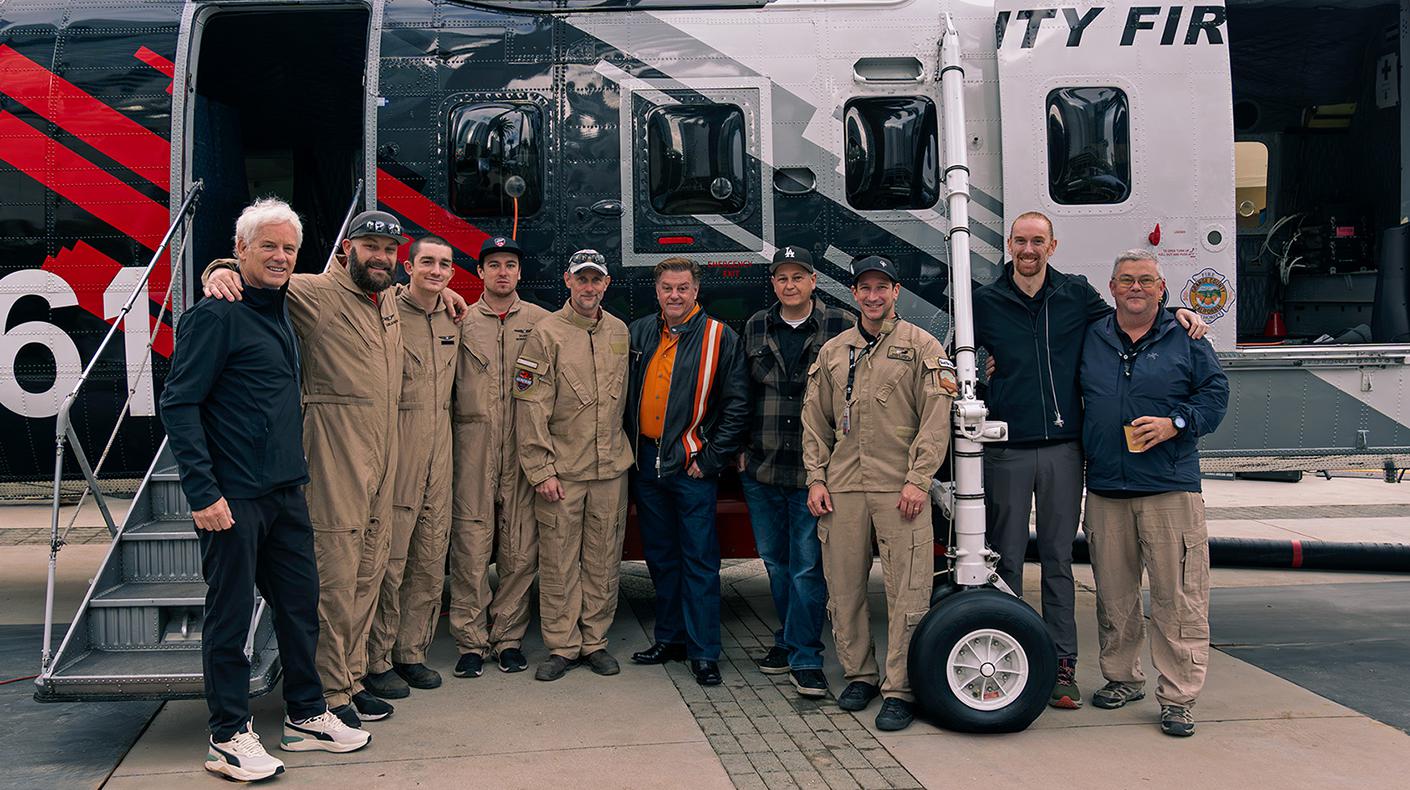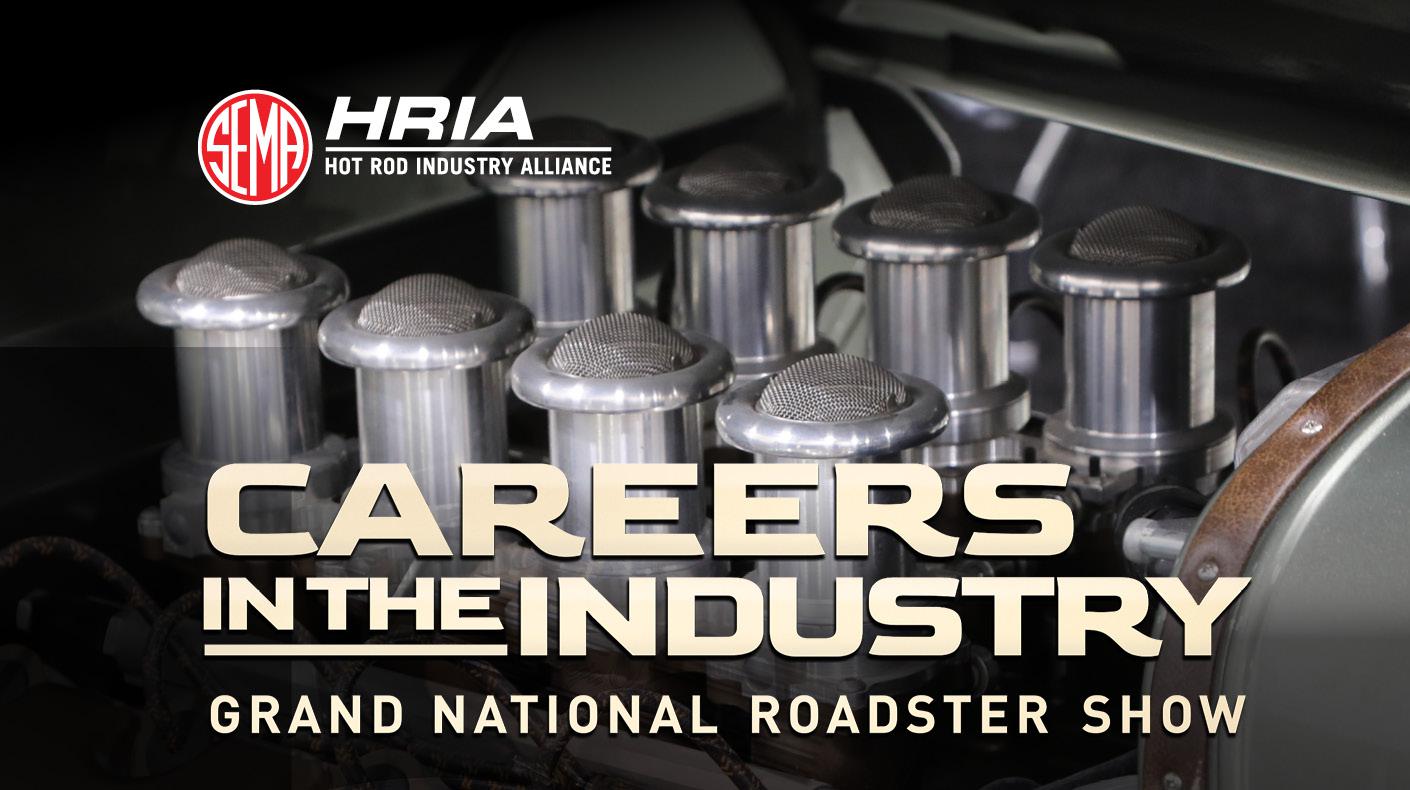By SEMA Editors

has completed a regulation permitting low-volume motor
vehicle manufacturers to begin selling replica cars that
resemble vehicles produced at least 25 years ago.
The National Highway Traffic Safety Administration (NHTSA) has completed a regulation permitting low-volume motor vehicle manufacturers to begin selling replica cars that resemble vehicles produced at least 25 years ago. Congress enacted a SEMA-led bill into law in 2015, which streamlined requirements for small automakers, but implementation was delayed while awaiting the NHTSA regulations. Replica car businesses will now be able to produce and sell replica vehicles.
“SEMA applauds NHTSA’s final rule allowing companies to market classic-themed cars,” said SEMA President and CEO Christopher J. Kersting. “Regulatory barriers have previously prevented small automakers from producing heritage cars for eager customers. The roadblocks have been eliminated. Companies will be able to hire workers, start making necessary parts and components, and produce and sell cars.”
The replica car law and implementing regulations allow a low-volume manufacturer to construct up to 325 such replica cars a year, subject to federal regulatory oversight. Replica cars resemble production vehicles manufactured at least 25 years ago—from ’30s roadsters to ’70s musclecars, and more. Until now, the U.S. had just one system for regulating automobiles, which was designed for companies that mass-produce millions of vehicles. The new program recognizes the unique challenges faced by companies that produce a small number of custom cars.
The vehicles are required to meet current model year emissions standards. In 2019, the U.S. Environmental Protection Agency (EPA) issued guidelines for installing engine packages from other EPA-certified vehicles and the California Air Resources Board (CARB) issued a regulation for producing compliant engine packages. SEMA sued NHTSA in October 2019 to require the agency to issue regulations allowing the law to take effect. NHTSA issued a proposed rule in January 2020.
The regulation does not take effect until it is officially published in the Federal Register. Low-volume vehicle manufacturers will then be required to register with NHTSA, EPA, and CARB before selling vehicles and thereafter submit annual reports on vehicle productions. Enthusiasts still have the option to build a car from a kit, but now they may also purchase a turn-key replica car.





